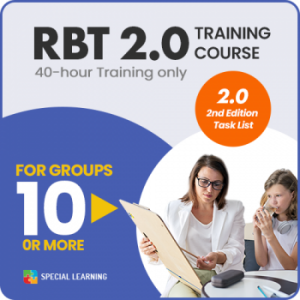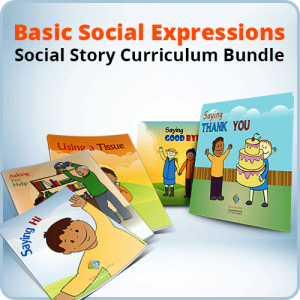Special Diet For Childhood Disorder Management
Some studies indicate that a special diet may be beneficial to children with special needs. Kids with epilepsy, ADHD, or ASD have shown positive results in terms of handling their disorders by following strict dietary management. In the case of ASD, there are several dietary plans for which claims of improvement in symptoms have been made.
Gluten-Free/Casein-Free Diet (GFCF Diet)
The gluten-free/casein-free diet, also known as the GFCF diet, is one of the most widely used special diets for children with disorders in the autism spectrum. The GFCF diet involves removing all food and food products that contain the proteins gluten or casein. Children with other diseases such as celiac or who are allergic to gluten and dairy may benefit from this diet, too. The GFCF is recommended by the Autism Research Institute.
Gluten is a protein found in wheat, spelled, barley, rye, and oats that have been contaminated by being processed in the same mills as other grains, while Casein is a milk protein found in dairy products such as milk, margarine, and other milk-based products.
Ketogenic Diets
Ketogenic diets are high in fat and protein but low in carbohydrates and sugar. Children who suffer from seizure disorders such as epilepsy will benefit most from this diet. The ketogenic diet may effectively reduce the frequency of seizures of a child but this diet should be applied with the supervision of a doctor. At the present time, only a very small amount of research has been undertaken regarding the effects of ketogenic diets on symptoms of ASD.
Feingold Diet
This special diet was developed in the 1970’s by Dr. Benjamin Feingold, who theorized that chemicals, additives, and sugars in the diet may be reacting negatively to children with ADD. This diet works on the practice of eliminating sugar, starch, dyes, preservatives, artificial flavors, and salicylate, which is found in aspirin and its related products. Eliminating non-food products such a fragrance and colored toothpaste are also recommended.
Specific Carbohydrate Diet (SCD)
The SCD or Specific Carbohydrate Diet’s main purpose is to restore microbe/yeast balance in the intestines. Research indicates a poor balance between microbes and yeast may exacerbate symptoms in chronic conditions such as ADHD, Crohn’s disease, food allergies, and autism spectrum disorders. A child under SCD may only eat certain carbohydrates such as beans, vegetables, honey, and fruits. The rest of the child’s diet is foods rich in protein like eggs, chicken, and other meats. Food additives, sugar, and starch are absolutely prohibited in this diet.
SCD diets are gluten-free and the dairy products allowed under SCD are lactose-free and contain only denatured casein. By eliminating the dairy products that contain even denatured casein, it is possible to have an SCD diet that is completely GFCF.
Copyright © by Special Learning Inc. All right reserved.
No part of this article may be reproduced in any manner whatsoever without written permission except in the case of brief quotations embodied in critical articles and reviews. For information, contact Special Learning Inc., at: contact@special-learning.com








